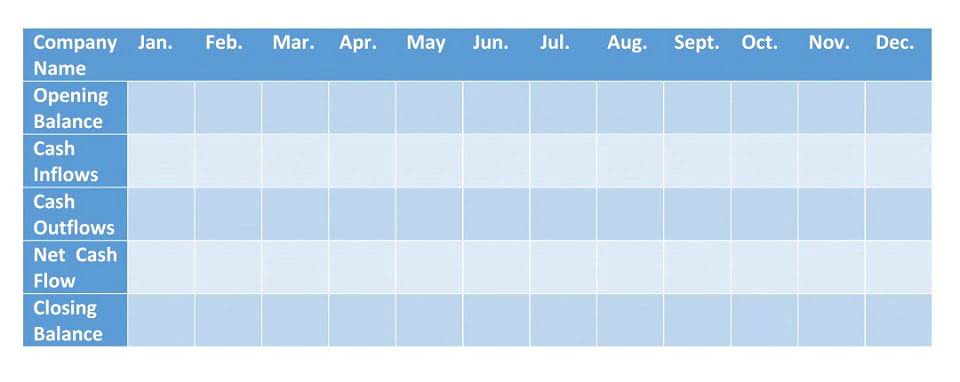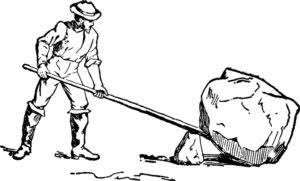
Investors should consider tax implications when evaluating the potential cash flow of a property to ensure accurate financial projections. The amount of the cash flow is equal to your net income plus the cash flow from non-recurring sources minus what you pay to service your debt. This formula is the same one used for positive cash flow.To calculate negative cash flow, you would simply subtract the negative amount of your recurring expenses from your net income. Some real estate investors spend too much on items like landscaping, business operations, and fancy renovations. While this approach may produce the best-looking property on the block, very few tenants will pay an above-market rent in return. After brining his rents to market, Bob also takes advantage of Stessa’s free rental property software.

Factors That Can Help and Hurt Cash Flow in Real Estate

Every investor must take time and perform due diligence before investing in any property. That includes performing market analysis, properly calculating potential income and expenses, and considering improvements needed for the property to gain a higher rental value. According to the 1% rule, the property should generate at least $2,000 monthly rental income to be considered a good investment. If the expected rental income meets or exceeds this amount, the property will likely provide positive cash flow, making it a potentially sound investment.
- Or, can they do a quick test to determine if there is enough interest to do a more detailed analysis.
- Every investor must take time and perform due diligence before investing in any property.
- Economic factors, such as inflation, unemployment, and changes in consumer spending, can impact cash flow.
- Perform background and credit checks, verify employment and income, and contact previous landlords for references.
- Accurate real estate valuations can help investors make better decisions when it comes to buying and selling properties.
- After brining his rents to market, Bob also takes advantage of Stessa’s free rental property software.
Why do you want positive cash flow?
Cash flow real estate investing can be a pathway to financial freedom and the creation of passive income streams. By building a portfolio of cash flow properties, investors can generate consistent income without being actively involved in day-to-day operations. This passive income can enable individuals to achieve their financial goals and have more time for other pursuits. Cash flow real estate investments provide investors with a predictable and regular income stream.
Long-term tenants
Generally, calculating cash flow is as simple as subtracting the expenses for operating a property from the revenue you earn from the property. If the difference shows that you generated more income than expenses, you have a positive cash flow; if your expenses are higher than your income, you have a negative cash cash flow real estate definition flow. Are you interested in breaking into the lucrative world of real estate investment?
What’s more, expenses that improve your building’s operations are tax deductible. Whether bookkeeping you’re a property owner, renter, property manager, or real estate agent, gain valuable insights, advice, and updates by joining our newsletter. Sometimes demanding an extra $50 for rent during a renewal isn’t worth losing the tenant.

Financial Freedom and Passive Income:
Investors must know how to value real estate and make educated guesses about how much profit each will make, whether through property appreciation, rental income, or both. These items are usually estimated using a survey of similar properties in the area. Conduct a thorough analysis of the market and the neighborhood where the property is located. Consider factors such as job growth, population trends, infrastructure development, and amenities. A strong market with favorable conditions can contribute to higher rental demand and rental rates, increasing the cash flow potential. Factors such Bookkeeping for Veterinarians as property tax rates, tax deductions, and tax incentives can impact the overall cash flow.
- It refers to the money moving in and out of your business and is calculated by subtracting your total expenses from your total income.
- By the end, you’ll have a solid grasp of the key elements that define this exciting investment strategy.
- But, missed rent can frequently trigger other expenses – like legal – that are required to collect the missed or late rent.
- This formula is the same one used for positive cash flow.To calculate negative cash flow, you would simply subtract the negative amount of your recurring expenses from your net income.
- However, it’s important not to solely rely on appreciation to achieve positive cash flow, as it is uncertain and can vary depending on market conditions.

Net cash flow can also be the same thing as net operating income (NOI) as long as non-cash expenses such as depreciation and amortization aren’t included in the NOI. Capital assets that present investors with the opportunity to expand their portfolio are critical to its stability. The principal portion of a loan payment, which is the money you initially agreed to repay, affects cash flow but not net income.




